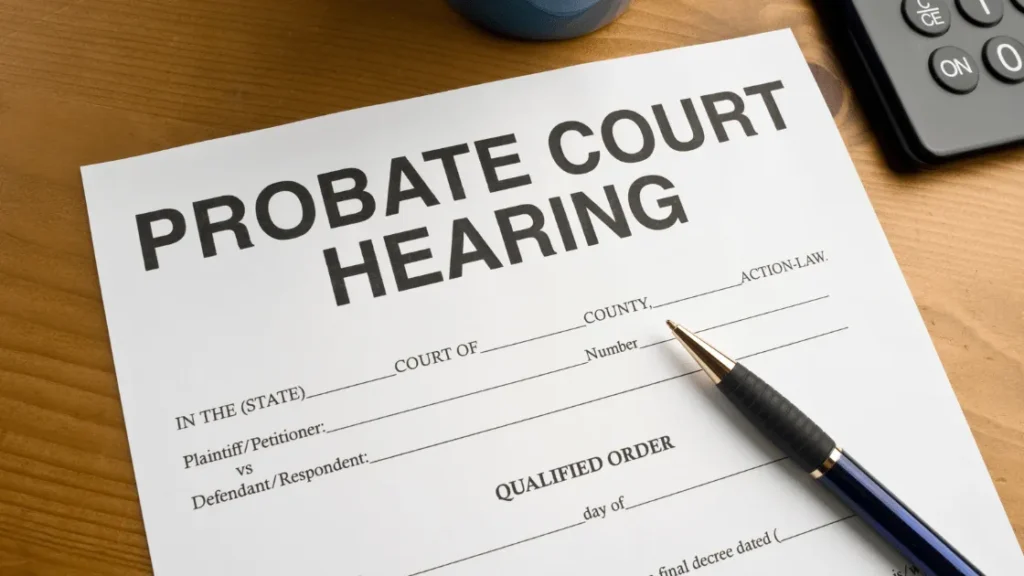Understanding the Role of an Executor in Texas Probate
The executor plays a crucial role in the Texas probate process, acting as the individual responsible for managing the deceased's estate. This includes validating the will, settling debts, and ensuring that assets are distributed according to the deceased's wishes.
In Texas, the executor must adhere to specific legal duties, such as filing the will with the probate court and notifying beneficiaries. Additionally, they may need to handle complex tasks like appraising property, managing estate accounts, and navigating disputes among heirs, all while ensuring compliance with state laws.
Common Challenges Faced During Texas Probate
Probate can present various challenges, from emotional family conflicts to legal disputes over asset distribution. Understanding these potential issues can help families prepare and navigate the process more smoothly.
Some common challenges include contesting a will, dealing with out-of-state heirs, and managing debts owed by the estate. Executors often face time constraints and legal complexities, making it essential to seek professional legal guidance to mitigate these challenges effectively.
Probate Alternatives in Texas: What You Need to Know
For some, the probate process can be lengthy and costly, prompting the exploration of alternatives. Understanding these options can help individuals make informed decisions about estate planning and asset management.
Alternatives to probate in Texas include establishing a living trust, using joint ownership, or designating beneficiaries on accounts. Each method has its advantages and can facilitate a smoother transfer of assets, reducing the burden on heirs and expediting the distribution process.
Key Legal Terms to Know in Texas Probate
Familiarizing oneself with key legal terminology is essential for navigating the probate process effectively. Understanding terms such as "intestate," "executor," and "probate court" can significantly impact how individuals approach their estate planning.
Legal jargon can often be confusing, but knowing these terms helps clarify the steps involved in probate. For example, "intestate" refers to dying without a will, which can lead to the state determining asset distribution, while an "executor" is the appointed individual responsible for managing the estate through the probate process.










